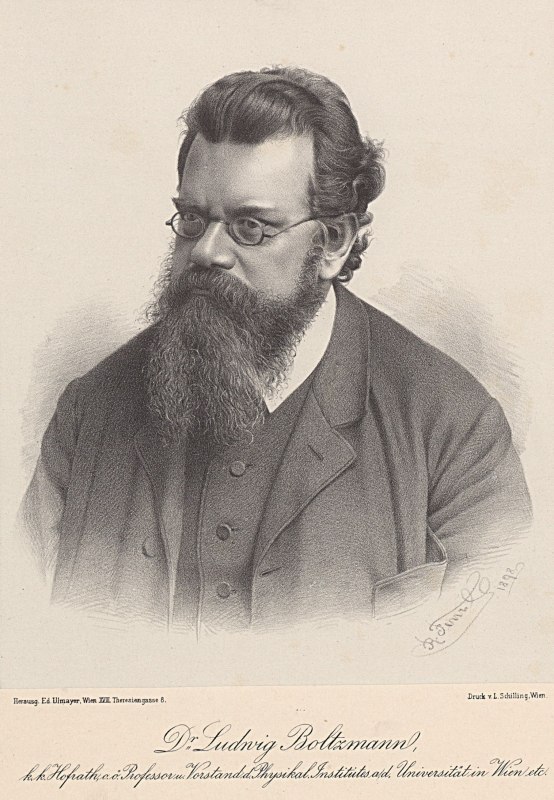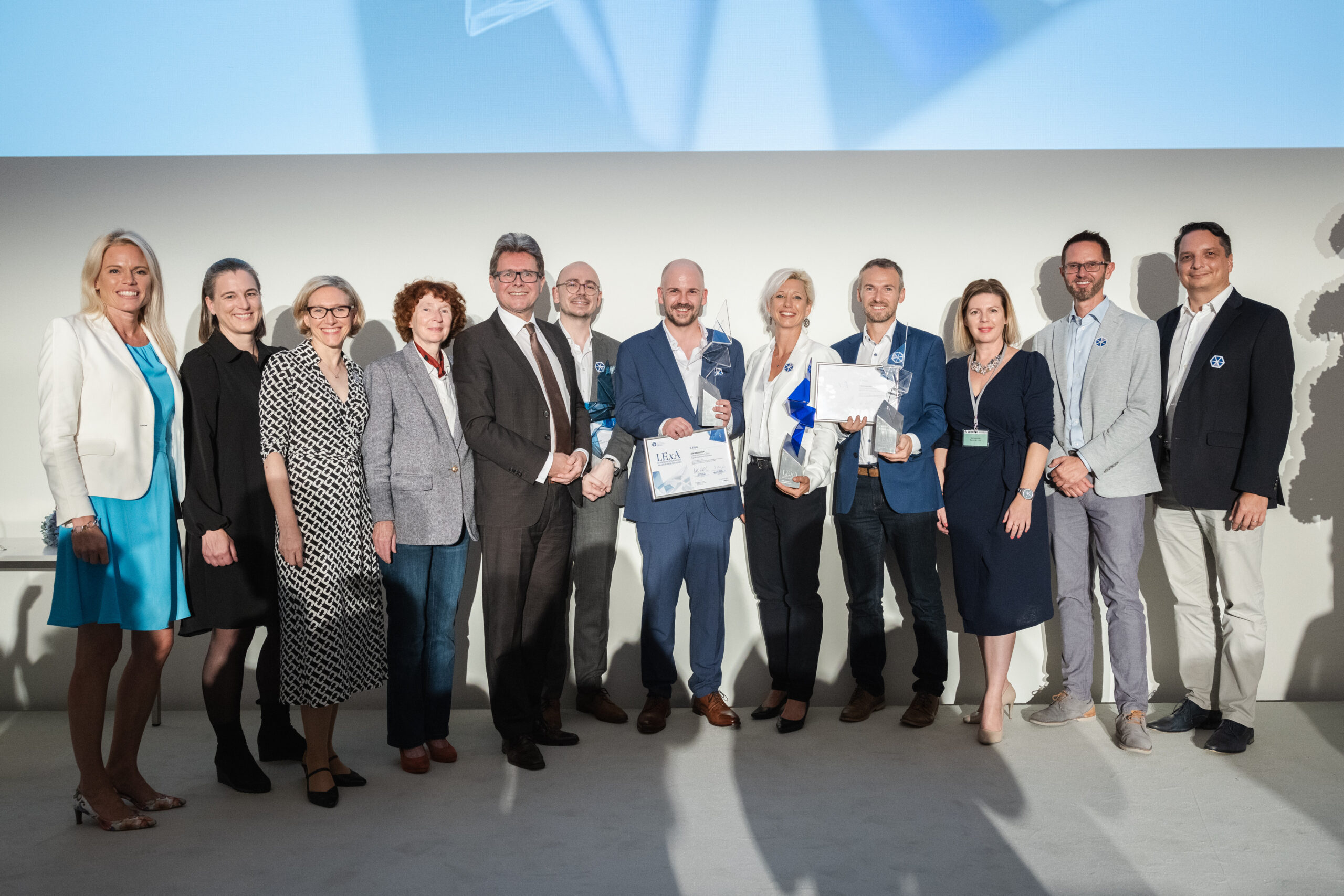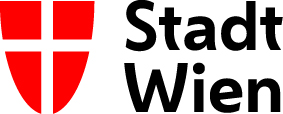More than 60 years of scientific contributions
The Ludwig Boltzmann Gesellschaft (LBG) is a non-university research organisation with thematic foci in medicine and the life sciences as well as the humanities, social and cultural sciences. Together with academic and other partners, we operate the Ludwig Boltzmann Institutes (LBI) and the Ludwig Boltzmann Research Groups (FG) at various locations in Austria. These institutions are created after strict selection processes, initiate new research topics, can react flexibly to current social and scientific developments and conduct interdisciplinary pioneering research. At the same time, they offer scientists the freedom to think outside the box.
In 2020, the LBG was included in the new Research Funding Act (FoFinaG) as a “central research institution”, giving it long-term funding and planning security. In July 2022, the first performance agreement was signed between LBG and the Republic of Austria, making a total of 18.15 million euros available for innovative, socially relevant research for the period 2022-23. In addition, a funding programme was launched: The Clinical Research Group is Austria’s first funding programme in the field of non-commercial disease- and patient-oriented (translational), consortium-based clinical research.

Source: geschichte.univie.ac.at/de/ bilder/ludwig-boltzmann-1844-1906-physik-und-philosophie
The namesake
Ludwig Eduard Boltzmann (1844-1906), physicist and philosopher, taught at the universities of Vienna, Graz, Munich and Leipzig. His most significant achievements were in the fields of thermodynamics and statistical mechanics.
It is not entirely clear how the Ludwig Boltzmann Gesellschaft came to its name. The most likely explanation is that Karl Michael Koch, director of the first LBI and one of the initiators of the LBG, chose the physicist as the patron saint. Koch knew Engelbert Broda (1910-1983), Professor of Physical Chemistry at the University of Vienna, and his biography “Mensch – Physiker – Philosoph” (Man – Physicist – Philosopher) about Boltzmann, first published in 1955, very well, which probably inspired him in his search for a name.
As the title suggests, Broda’s work illuminates the “ingenious thinker” from different sides and pays tribute to his philosophical as well as his physical work. Perhaps Koch also liked Broda’s conclusion that in Ludwig Boltzmann’s case one can see that science is a highly human thing.
Permanent development
To ensure consistently high-quality research, all research units are evaluated every three to four years by independent commissions.
These independent commissions consist of internationally renowned experts from the respective scientific field as well as specialists in scientific evaluation and research management.
The results of these regular evaluations provide the basis for decision-making on the re-sharpening or correction of measures taken, but also on the establishment of new institutions or the continuation or dissolution of existing ones.
The LBG as a whole is also subject to evaluations. As a result of such an evaluation, the strategic goals of the LBG until 2025 were defined as follows:
- Developing novel solutions to complex societal problems.
- Unlocking the full potential of open innovation in science.
- Modern approaches to leadership, management and individual career paths
Scientific publications 2022
- Contributions to scientific journals 606
- Monographs 10
- Collected works (editorships, contributions) 81
- Policy Papers 19
- Other publications 40
- Popular science 37
Key figures 2022
- Employees 838
- Ongoing third-party funded projects 181
- Habilitations and dissertations 23


